Get in touch
Our automation works smarter, wastes less, and optimizes your lines to ensure quality is consistent and potential recalls are a thing of the past.
Speak with us to learn how you can make Every Resource Count!™
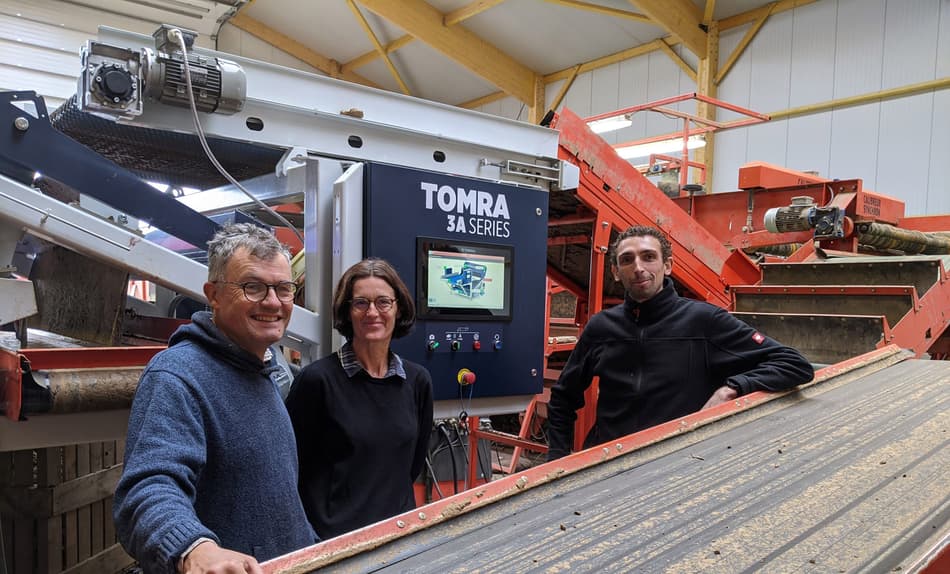
One of the most successful businessmen of all time, the American industrialist Andrew Carnegie, identified teamwork as “the fuel that allows common people to attain uncommon results.” The influential business consultant Ken Blanchard put it another way: “None of us is as smart as all of us.” In other words, even the cleverest, most focused, hardest-working people can achieve more when they collaborate with others. This is certainly true at food processing plants and packhouses, where efficiencies depend not only on the line equipment, but also on the teamwork of the people managing and operating it.
There's something else about teamwork in food processing which is equally important but sometimes underestimated: the involvement and expertise of the people who provide the external support. Particularly those who specify and install the sorting, grading, peeling, and packing machines to ensure optimum line performance. Who calibrate the machines on the customer's site, understanding that operational challenges differ from one plant to another. Who respond quickly and effectively to servicing and maintenance requirements, ensuring that lines run smoothly with minimal downtime. And who analyze data from the machines to find even more efficiency improvements.
When there's close collaboration between a processor/packhouse and the manufacturer of its line solutions, the results are powerful: because the manufacturer acquires a detailed knowledge of the buyer's operational challenges and priorities, solutions can be tailored even more precisely to their unique needs.
.jpg)
This collaborative approach is seen as vitally important by TOMRA Food, the leading designer and manufacturer of sensor-based sorting machines and integrated post-harvest solutions for food production. In fact, collaboration with customers is enshrined in the whole way of thinking at TOMRA, where it is referred to as “trusted togetherness.”
“Trusted togetherness” is far more than an in-house catchphrase. It's a prompt to take actions which unlock the full potential of supplier-customer relationships. It's an approach that optimizes the remarkable capabilities of today's sophisticated sorting, grading, peeling, and packing solutions. And it takes processors and packhouses another step down the road towards consistently high product quality, less food waste, and greater yields.
10 ways collaboration works:
How, then, does TOMRA collaborate with processors and packhouses, and how does this benefit them? Here's a brief overview.
1. Size doesn't matter
Although a large, global business, TOMRA works with customers of all sizes – from family-owned farms with a single, small site to multinational corporations operating numerous large sites. This is made possible by TOMRA's firm belief that there's no such thing as “one size fits all.” Each processor or packhouse is different and each deserves individually tailored solutions. And tailoring goes beyond specifying optimum solutions from TOMRA's product portfolio – it also involves calibrating the machines at the customer's plant with the raw materials the customer typically handles. This optimizes sorting accuracy at every plant, whatever its size, whatever its location in the world, and whatever the type and quality of incoming raw materials.
2. The customer knows best
Although TOMRA knows how to design and manufacture best-in-class technical solutions, nobody knows a customer's business better than the customer. TOMRA understands this. The company's sales specialists and engineers listen carefully to customers about their operational challenges, goals, and priorities; observe the customer's plant in action to identify where improvements can be made; specify the best solutions to achieve those improvements; and forecast the expected performance gains, allowing the customer to estimate the likely speed of return on investment.
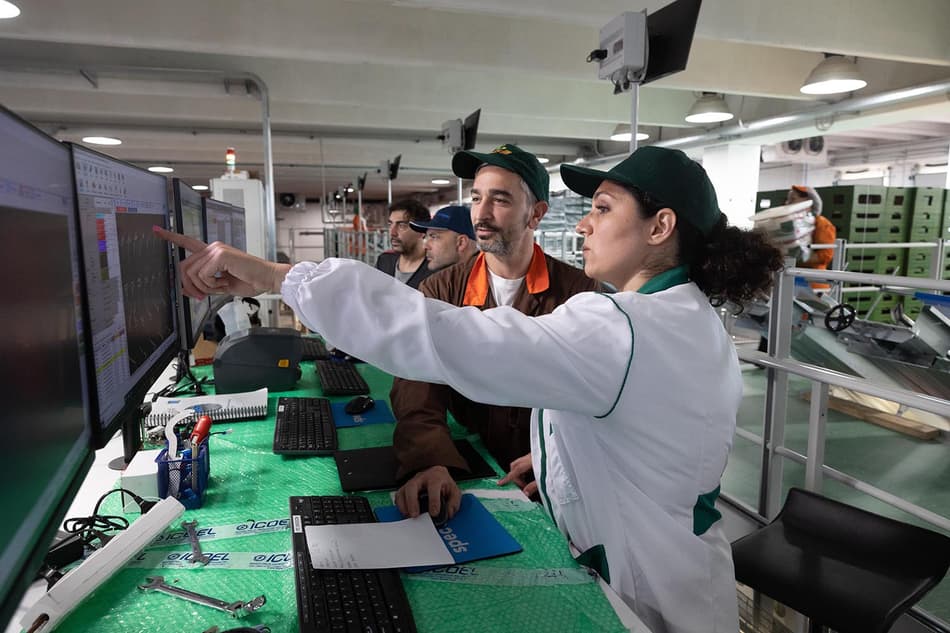
3. Customers can try before they buy
TOMRA runs machine demonstrations for current and potential customers at 17 test, development, and demonstration centers around the world. Food producers are welcomed to test TOMRA's sorters, graders and steam-peelers using their own infeed materials or very similar product sourced by TOMRA. And if customers prefer not to travel, they can witness the test through a live online broadcast. TOMRA works closely with the customer during these tests to fine-tune the machine to solve the customer's particular challenges. The customer witnesses the entire test run and receives a detailed report quantifying the results, so the benefits are clear to see.
4. Specialization by food categories
By working closely with many customers in many specializations, TOMRA is well-positioned to see how different types of food present different sorting and grading challenges. As a result of this experience, TOMRA recently introduced a strategy of focusing on specific food categories. One of TOMRA Food's two business areas, Processed Food, currently offers specialized solutions for vegetables and fruit, nuts and dried fruit, potatoes, proteins (pet food, seafood, and meat), confectionery, and seeds and grains. The other business area, TOMRA Fresh Food, currently offers specialized solutions for apples, avocados, blueberries, cherries, citrus, kiwi, stonefruit, and tomatoes.
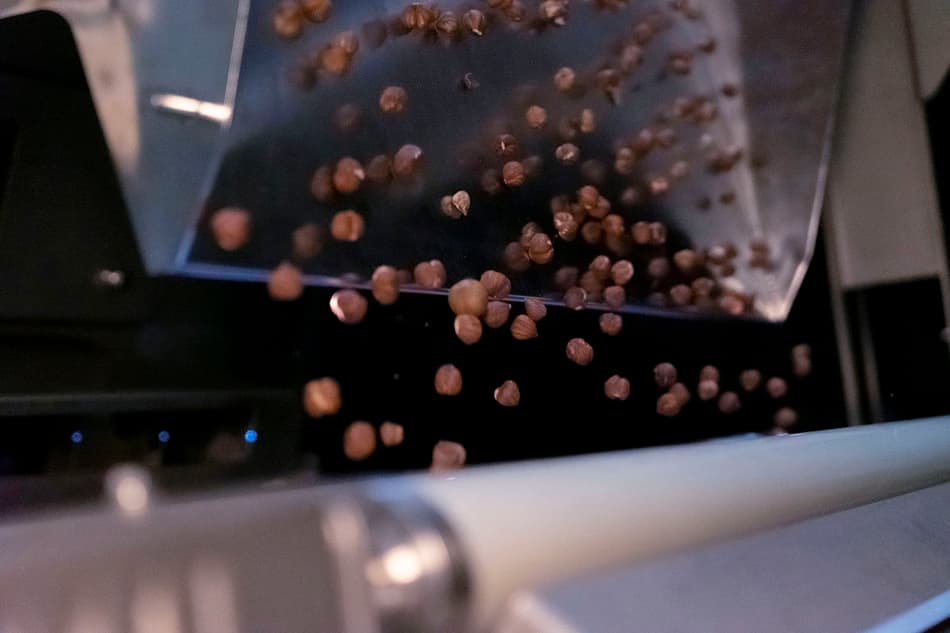
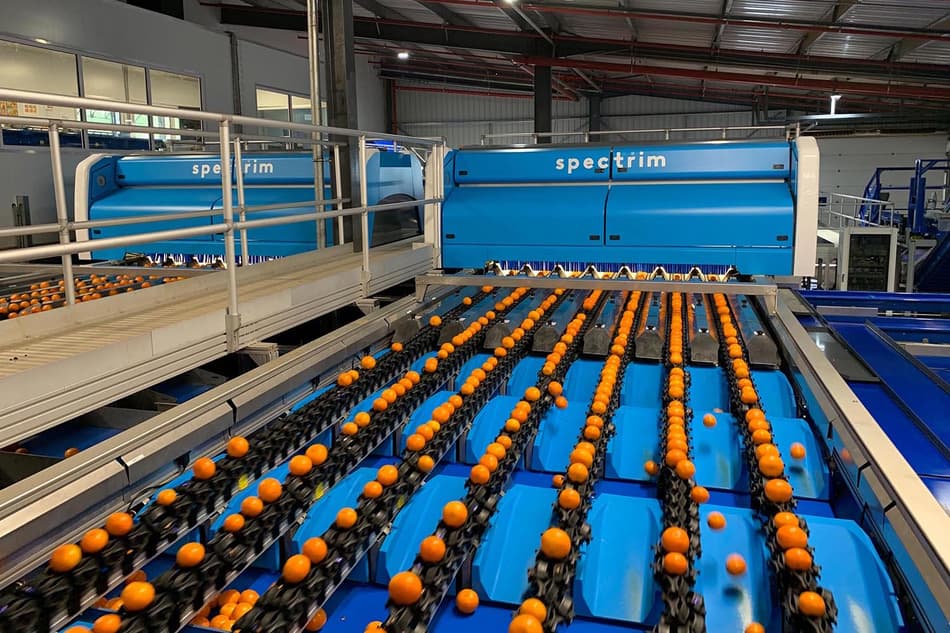
5. Consultation goes both ways
Collaboration is a two-way street. That's why TOMRA carefully considers customer feedback when planning product development. And why TOMRA actively involves some customers in extensive development trials and product validation. This helps ensure that technical solutions focus sharply on what customers really need. It also means that new or updated products are proven in real-world working conditions before they are launched to market.
6. Global power with local knowledge
With more than 12,800 units installed at food growers, packers, and processors around the world, TOMRA has invested recently in new Regional Centers. This has increased the number of people on the ground who provide local-level service and support, speeding-up responses to customers' requests. Regional Centers also strengthen the local knowledge and insights TOMRA can share with customers, because no two regions are the same: growing conditions, food defects, target markets, and product quality requirements all vary from place to place.
7. Relationships are long-term
Some processors and packhouses embark on modernization or expansion plans with tight timescales. With global strength and regional presence, TOMRA can enable businesses to fulfill these fast-paced ambitions. But for strategic or budgeting reasons, other processors and packhouses invest in new equipment at a gentler pace – and TOMRA empathizes with this approach, too. The goal isn't to make a quick sale; it's to share the customer's journey over the long haul.
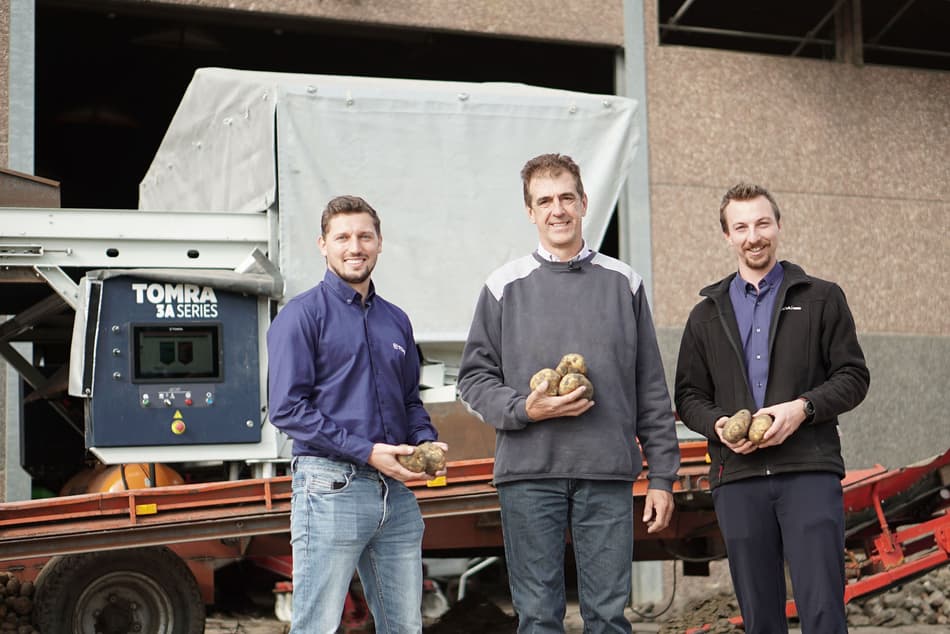
8. Big commitment to R&D
One reason TOMRA is an industry leader is that it has been working with growers, processors, and packers for decades. Another reason is that the company is an innovator. In fact, TOMRA commits 8% of its annual global revenues to research and development. That's serious firepower, and it results in the technical solutions that keep processors and packhouses ahead of the game.
9. Leading into the digital future
A good example of how processing lines can be futureproofed through technical innovation is the cloud-based data platform TOMRA Insight. This accesses data from sorting machines and turns it into actionable information. By responding easily and instantly to live data, machine operators can improve line efficiencies and the consistency of products delivered to customers. And by analyzing historical data, TOMRA and customers can work together to find further efficiency gains on the line and in the supply of raw materials. Businesses which rely on hard data, rather than merely experience and instinct, make better-informed operational and strategic decisions.
10. It's win-win
Collaborating closely is mutually beneficial. TOMRA Food gains and retains satisfied customers. Processors and packhouses fix headaches, improve efficiency, enhance profitability, realize ambitions, and futureproof themselves to face future challenges with confidence. Together we are better!
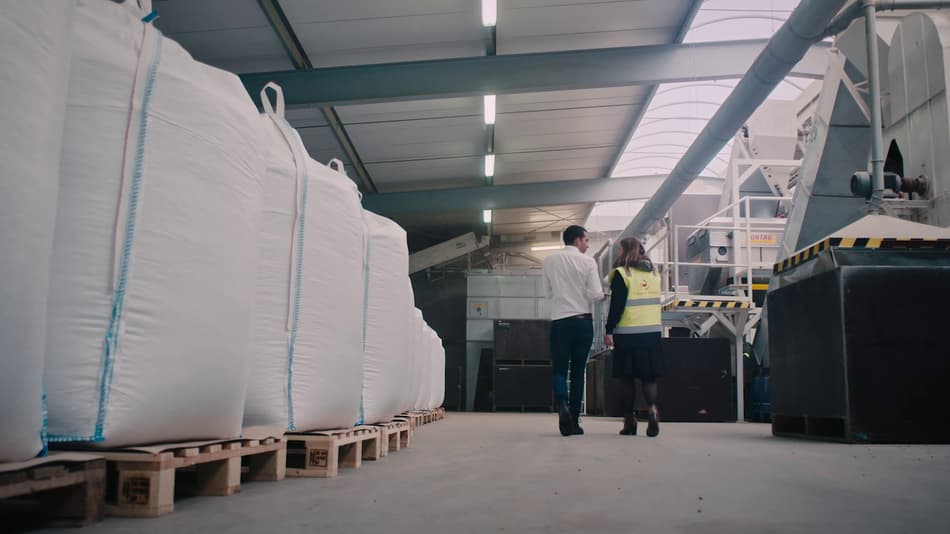
Ten good reasons why ‘trusted togetherness’ boosts profitability at food processors and packhouses
7.89 Mb
